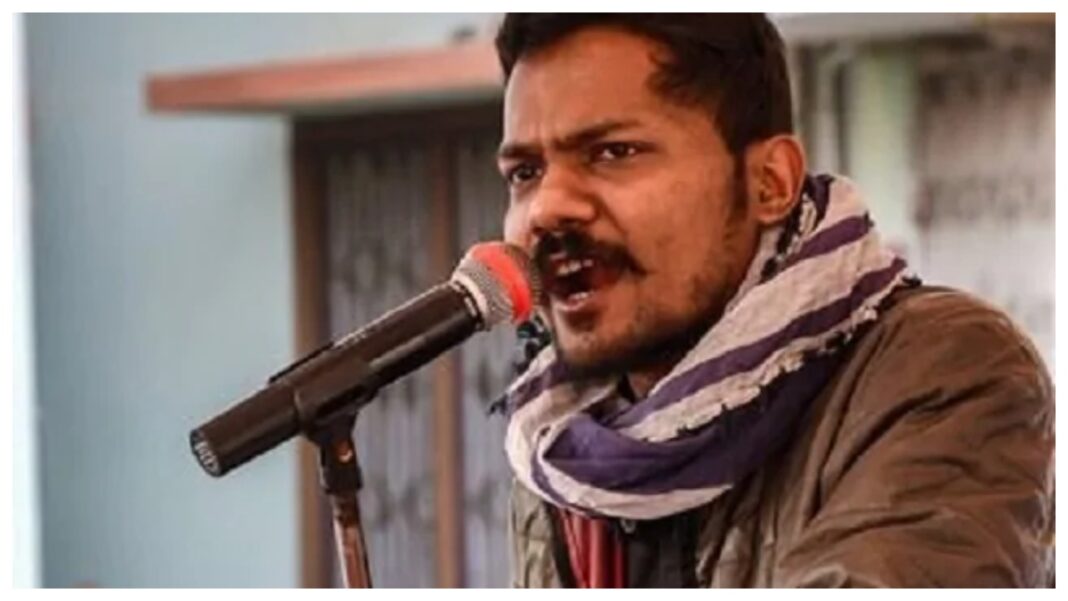INDIA: Journalist Prashant Kanojia was arrested by the Uttar Pradesh (UP) police on 18 August. Kanojia was arrested for sharing a widely spread photoshopped tweet which, according to the UP police, threatened law and order. The tweet was said to promote anti-Muslim sentiment.
Read Also: Love & OM: Journey To Self Through Relationship (Part IV): Self-Actualization
Kanojia did not realize the tweet had been photoshopped. He removed it from his Twitter page within a half hour, immediately upon notification that the image had been altered.
Bail denied
Kanojia applied for bail in Sept. and was denied by the session court in Lucknow. The case was then moved to the high court of India on 8 September. Kanojia was finally released on bail 21 Oct.
The tweet controversy shocked the world of journalism. Many people came in support of Kanojia and questioned Freedom of Speech in India. After his release, Kanojia spoke about his ordeal through several interviews.
Torture in jail
In a recent interview with Democracy News Live, Kanojia said, “When I was jailed, the first day was very painful; I was subjected to third-degree torture – electric shocks, and 10 policemen beat me up. No reasons were given. There was no interrogation, only punishment. I was scared for my life and future.”
Kanojia’s case is further complicated as he and his wife, Jagisha Arora, assert that there is an element of discrimination which they believe led to his treatment in jail. In a 27 Sept. interview with Transcontinental Times, Arora said that there are only a few Dalit journalists, of which Prashant is one. And of the few that are writing, even fewer are openly vocal. “[Prashant was very vocal and critical of Yogi government (in UP).”
Indian laws fall behind in protection of journalists
“The rapid decline in India’s press freedom is alarming”, International Press Institute (IPI) Director of Advocacy Ravi R. Prasad said in a statement on 15 May. “A democracy like India can only thrive if media pluralism is allowed to flourish, but the government appears to have no tolerance for criticism and fears objective, independent journalism.”
India lags behind in providing its journalists safety to work professionally and fearlessly. As recently as May, the Supreme Court of India said, “Journalistic freedom lies at ‘the core’ of the fundamental right to free speech and India’s freedom will rest safely as long as journalists can speak to power without being ‘chilled by a threat of reprisal’.” However, the continued arrest and treatment of journalists in India indicates otherwise.
Freedom of Speech in India
Article number 19 in the Indian Constitution states that “Everyone has the right to freedom of opinion and expression, this right includes freedom to hold opinions without interference and to seek, receive and impart information and ideas through any media and regardless of frontiers.” This article is about the protection of certain rights regarding freedom of speech. Freedom of Speech in India contributed to the independence from the British Raj in 1947.
“Exposing the govt is not bad. We appreciate it,” a former producer at Sahara Samay, said in an interview with Transcontinental Times. “In democracy we have the right to show the mirror to the government where [it] is wrong.” He added that a journalist will never leave their passion behind.
The Global Impunity Index
The Committee to Protect Journalists (CPJ) is an American independent non-profit, non-governmental organization whose main objective is to protect journalists around the world.
Recently, CPJ’s annual Global Impunity Index showed that India ranks 14th among countries where journalists are murdered and their killers go free (from 2008-18). The Global Impunity Index calculates the number of unsolved journalist murders as a percentage of each country’s population. Interestingly, India has been 11 times on the list. Other nations on the Index are Afghanistan, Bangladesh, Brazil, Colombia, Iraq, Mexico, Nigeria, Pakistan, Russia, amongst others. According to the CPJ, 82% of the 324 journalist murder cases happened in the 14 countries listed in the index.




Comments are closed.